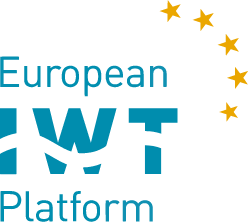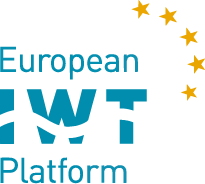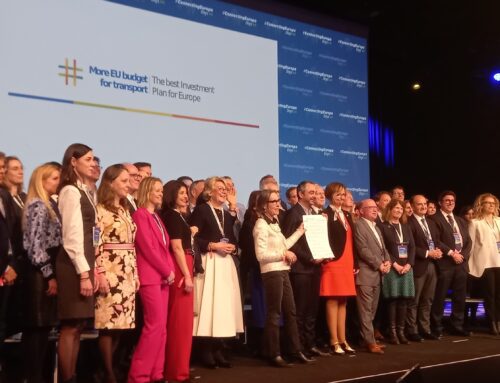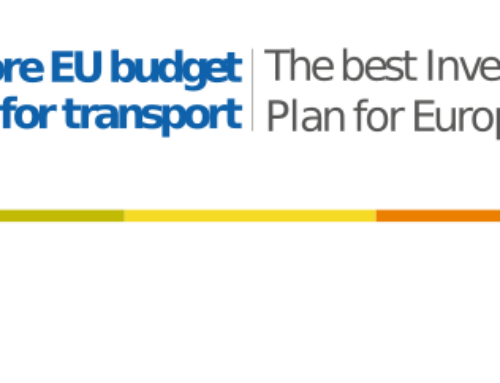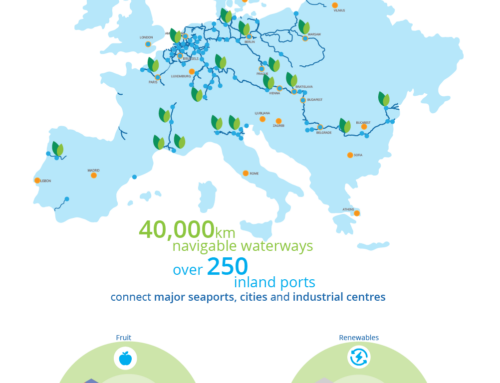Inland navigation currently has only one regulative framework regarding emission standards on vessels. This is the Non-Road Mobile Machinery (NRMM) Regulation 2016/1628, also known as the regulative framework for the Stage V emission standards of new engines. News is that this NRMM Regulation has recently been modified with an amendment, causing an extension of the transition period whereby installing ‘older’ CCRII engines is allowed for a longer period. The obligation to install the ‘newest’ emission standard meeting engines known as Stage V, will not be mandatory before July 2022.
The NRMM Regulation 2016/1628 describes the framework for new Stage V emission standards with regard to the acceleration systems used on inland ships. It is a follow up of the existing and well known CCRII standards of the current newly placed engines on board of an inland vessel. Currently we are in the middle of a transition period, moving from so to say CCRII engines towards Stage V engines. This transition period allows shipowners and engine manufacturers to still place a CCRII engine (with restrictions) in a new vessel or when replacing the old engine with a new one on an existing vessel. When the transition period ends, it is mandatory to systems which meet the Stage V emission standards.
STUDY
We can compare the IWT with road transport where it is currently mandatory to install EURO VI engine. The future Stage V emission standards for IWT, described in the NRMM Regulation, are comparable with the current EURO VI emission standards for road transport. The current applicable CCRII emission standards for IWT, are comparable with the historic EURO III emission standards of road transport. Therefore, it is clear big step forward is made with the transition from CCRII towards Stage V in IWT since the elimination of emissions is well over 80%.
But, due to COVID-19 it became clear there was a significant delay on shipyards with regards to newly build vessels and manufacturing in general.
The consequences were therefore inevitable, and a delay of the transition period was demanded.
Extension of the transition period
The European Commission together with the European Parliament therefore decided to extend the transition period for the engine-categories which are affected by these COVID-19 caused delays. This means the new Regulation EU 2020/1040 as an amendment on Regulation EU 2016/1628 was created, clearly focusing on changes in the transition period of the engine categories below 300 kW. There is no effect on the engine category above 300 kW since the deadline for this transition period was further ahead anyways.
What will happen?
The consequences of the extension of this transition period means shipowners will now be even longer able to install a CCRII engine (with restrictions) which is on the market since 2007. The regulative framework now applicable on our sector for new engines will not enforce shipowners to install a Stage V engine before July 2022. The sector might be again negatively impacted by this regulation since the gap between IWT and other transport modes such as road transport is even more enlarged.
Daisy Rycquart
27th October 2020
